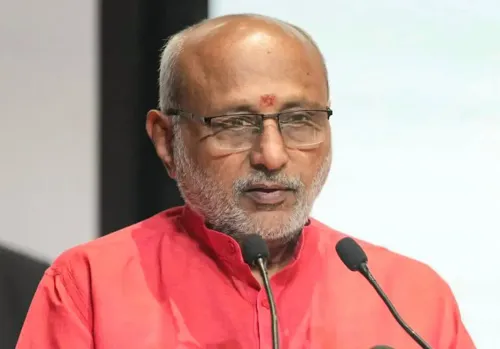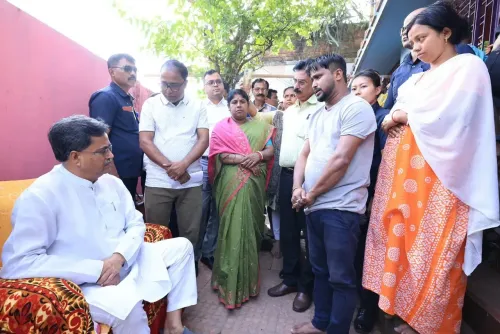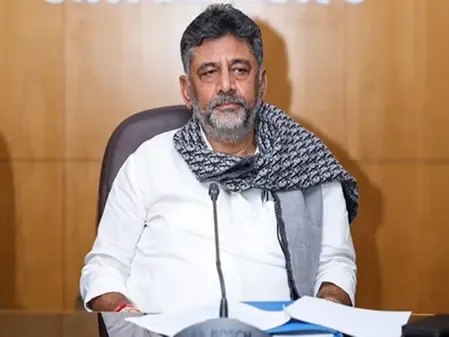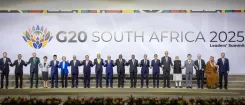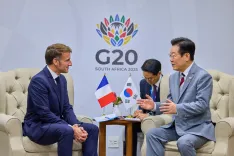Is Gehlot Raising Questions About EC's Impartiality?
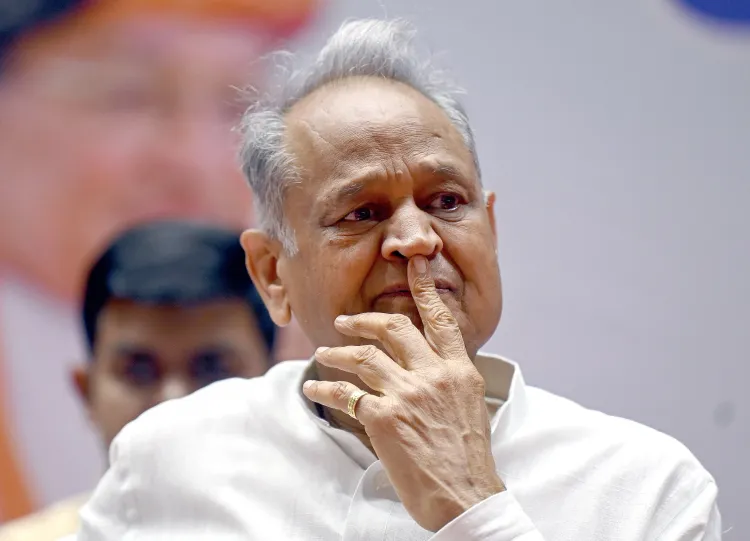
Synopsis
Key Takeaways
- Gehlot raises concerns about EC's neutrality.
- Allegations of bias against the opposition are highlighted.
- Public skepticism towards the Election Commission is increasing.
- Call for transparency in electoral processes.
- Importance of fair elections for democracy.
Jaipur, Aug 8 (NationPress) Former Chief Minister of Rajasthan, Ashok Gehlot, who supports Leader of Opposition Rahul Gandhi, has expressed grave doubts about the Election Commission's impartiality, suggesting that its behavior has shifted notably since a Union Minister became part of the committee responsible for appointing the Chief Election Commissioner.
Gehlot remarked that the Commission once enjoyed a high level of credibility, to the extent that other nations sought its expertise for their electoral processes.
“At present, the citizens of India view the Election Commission with skepticism. The BJP has undermined institutions through its undemocratic actions,” he asserted.
He indicated that the removal of the Chief Justice of India from the selection process, coupled with the inclusion of the Union Home Minister, has skewed the Commission’s stance.
“For the first time, the Election Commission is showing bias against the opposition. Even in a delegation I attended, the Commission's tone was inappropriate,” he claimed, cautioning that democracy cannot endure if elections lack fairness.
Gehlot mentioned that the Commission could have effortlessly supplied the voter list data in a machine-readable format, as requested by Congress, rather than prolonging the process for six months.
He alleged that the fake votes highlighted by Rahul Gandhi prior to the 2024 Lok Sabha elections appear to be quietly removed by state commissions in regions like Uttar Pradesh and Karnataka to mask electoral fraud.
Additionally, he noted that the official election department websites of Rajasthan, Maharashtra, Bihar, and Madhya Pradesh are currently inaccessible, hinting that “some enhancements” might be underway following his remarks.
Gehlot concluded by stating that if the Election Commission were genuinely operating with integrity, it would have launched an unbiased investigation into these claims instead of issuing “unfounded clarifications.”
In response to a question about the recent film Udaipur Files and whether it has an agenda, he criticized the BJP, stating: “Their agenda remains unchanged — and we are expected to remain silent about it. Their life agenda is identical, their thought process is the same, their mode of operation is consistent, and their method of execution is uniform. In summary, their agenda is singular.”
He added that they have been successful in elections by dividing society, but he believes that the truth will ultimately be revealed.


